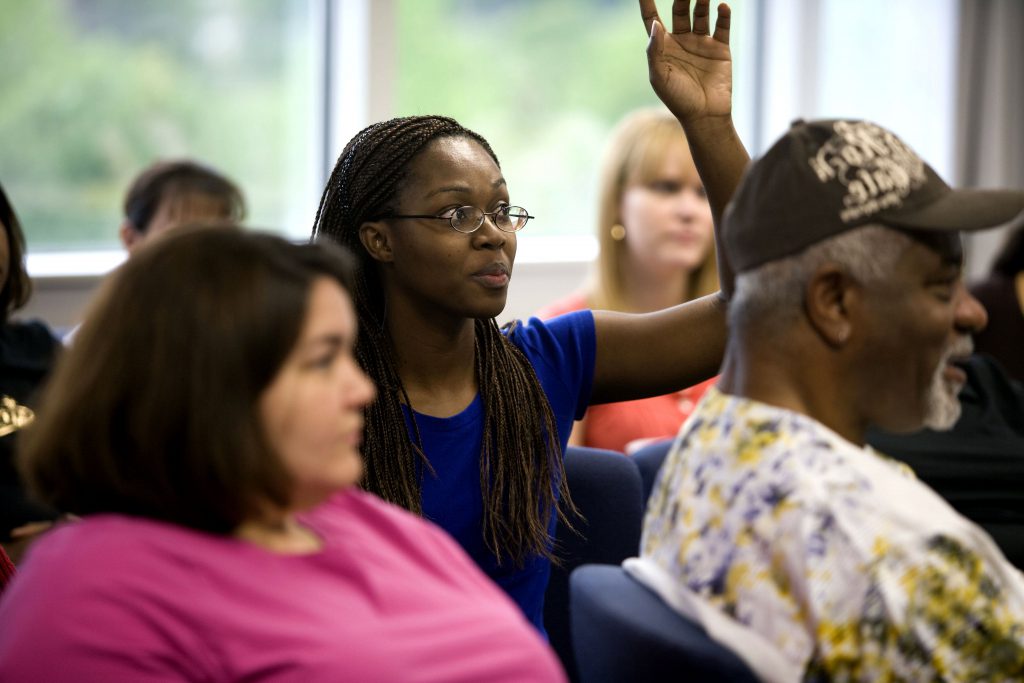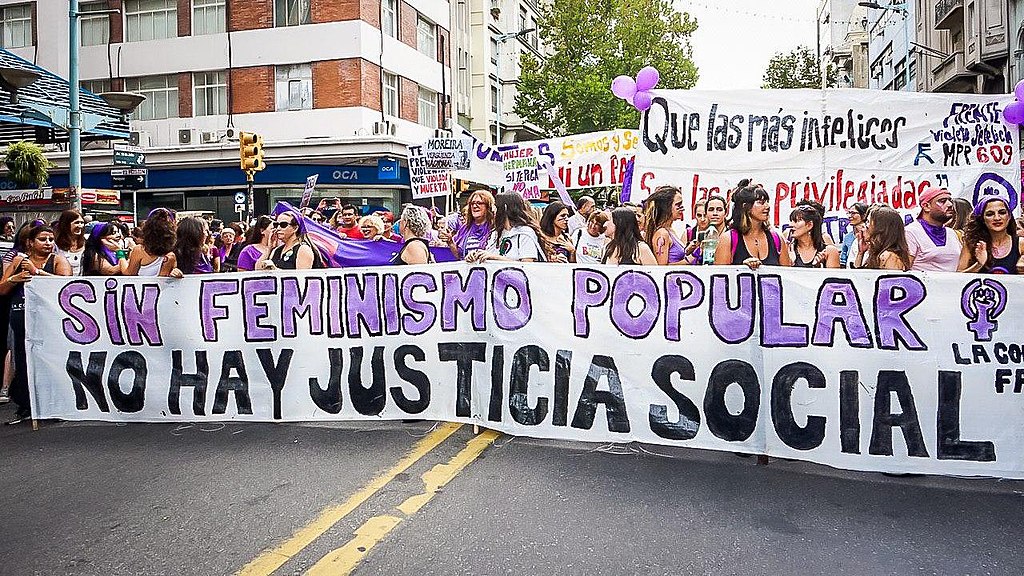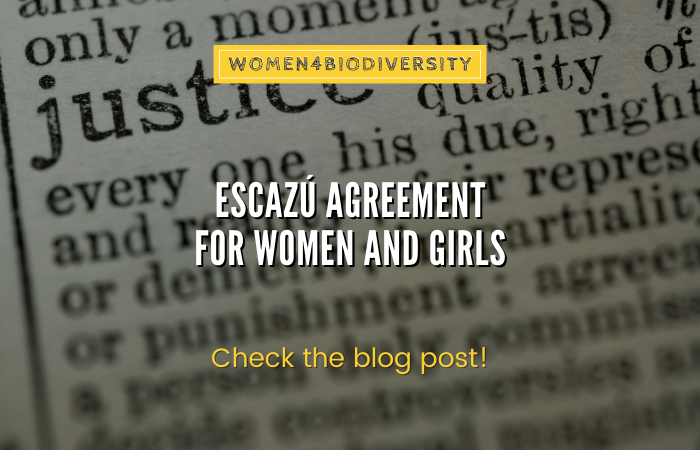By Amelia Arreguin, Associate of Women4Biodiversity
This April 20-22, the Escazu Agreement held its first meeting of the Conference of Parties in Chile under the leadership of ECLAC. The Escazu is the Regional Agreement on Access to Information, Public Participation and Access to Justice in Environmental Matters in Latin America and the Caribbean. Its main objective is to guarantee the human right to a healthy environment through promoting the exercise of rights of access to information, participation, and justice.
These so-called rights of access are those procedural rights that facilitate the enjoyment of substantial human rights, such as the right to life and health. In addition, it is the first treaty that explicitly protects defenders of nature. For this reason, this Agreement is our opportunity to guarantee protection for women and girls to participate safely and effectively in the use, conservation, and restoration of biodiversity.

But how are these rights being exercised by women and girls? Unfortunately, due to gender stereotypes, women face obstacles that prevent them from exercising their access rights in environmental issues. It is urgent to identify them so we can be bold to eradicate them!
When accessing environmental information, women and girls face diverse challenges such as illiteracy and digital illiteracy, technical and complicated language information, poor electricity and internet supply, and sometimes no access to computers or phones. Regarding accessing participation, the obstacles include having little time available for public matters due to high reproductive and care workload; also, language barriers prevent them from engaging and increase costs and difficulties of transfer. Lastly, concerning accessing justice, the problems lie around the non-existence of mechanisms for anonymous complaints, sexual violence as a control mechanism, and women being accused and disdained by the community. At the same time, they could be re-victimised due to institutional violence.
Given this reality, the only option is to act firmly for gender justice!

But there are plenty of actions that could be done!
Find here some suggestions:
- Implement literacy and digital literacy programs dedicated to women and girls.
- Ensure internet access, with consistency and quality in rural areas and urban public spaces.
- Guarantee the dissemination of environmental issues in the media and other types of media such as community radio and loudspeakers to ensure access to information on environmental issues.
- Create and guarantee mechanisms to eradicate political violence against women and ensure that decision-making spaces are safe for women.
- Train and raise awareness on gender issues in the justice institutions.
- Create mechanisms for the protection of women defenders and communities, as well as your accompaniment.
Do you want to know what happened during COP1?
- Event Report ‘Reading the Escazú Agreement from a gender perspective: challenges and opportunities‘, both in English and Spanish by our allies EcoMaxei and FARN
- Press release on the Results of the Conference of the Parties by our ally FARN
Would you like to make your part and spread awareness? Share these reels on your social media!
- English

